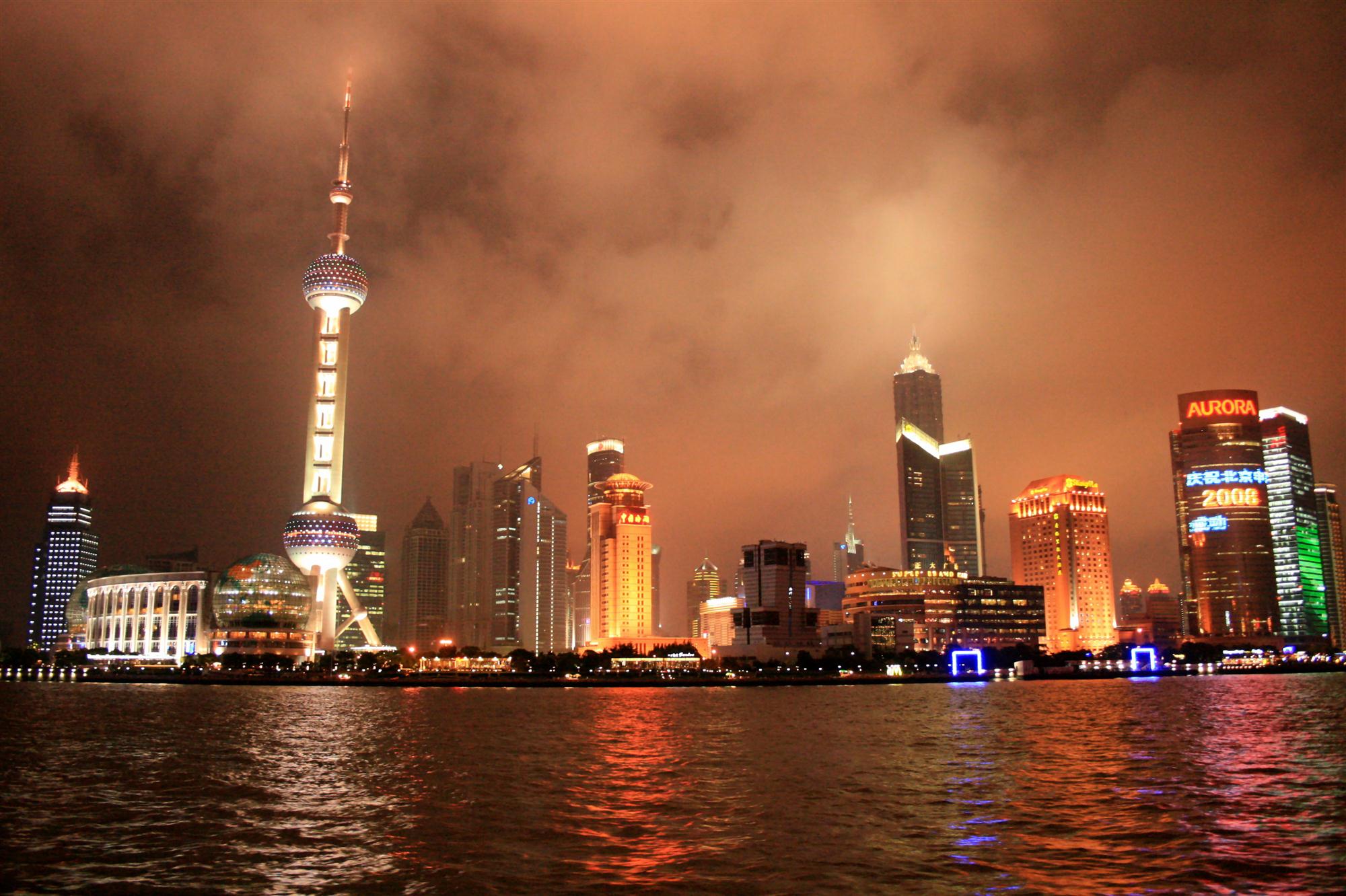In Washington for their annual “door knock” with US government officials – including President Obama – leaders from the American Chamber of Commerce in Shanghai emphasized that while they are not blind to the problems today in China, they are still optimistic about opportunities for US companies to do business there, particularly in the services sector, including logistics and supply chain management.
Nevertheless, Kenneth Jarrett, president of AmCham Shanghai said that the feeling within the organization’s membership in recent months is that “the body language in China is creating anxiety towards foreign direct investment. The slow pace of economic reform is a factor on members’ minds, as well as regulatory issues companies face,” he said during a press conference.

An AmCham Shanghai Viewpoint brochure the organization is handing to members of the US Congress and press states: “Protectionist policies, unclear regulatory requirements, and a growing sense that foreign companies are unwelcome prevent American companies from expanding in the market.”
It points to a number of topics: bans on American agricultural products such as beef and rice, food safety and food import policies, financial services, and cyber security. Included is the Shanghai Free Trade Zone, launched in September 2013 to serve as a space for the national government to pilot economic reforms.
“US companies continue to be skeptical about the business advantages of the Shanghai FTZ,” Jarrett said. In fact, 73% of AmCham Shanghai respondents to a 2015 China Business Report said that the FTZ offers no tangible benefits. Nevertheless, the central government continues to support the initiative, the Viewpoint brochure states.
Jarrett particularly emphasized the importance of the US-China Bilateral Investment Treaty (BIT) that should further open up the Chinese market to US investments and encourage investment by Chinese companies in the United States. “The BIT can address market access issues US companies face,” he said.
Jarrett does expect some rhetorical statement regarding the BIT when China President Xi Jinping meets with US President Obama in Washington in late September. “But we do not expect to hear anything that attaches to a timetable,” he said.
He did say, however, that negotiations surrounding the Transpacific Trade Agreement, of which China is not a part, is having an impact on negotiations. “It’s creating pressure on China and concerns about China’s continued competitiveness,” he said. “That’s what brought China back to the bilateral treaty negotiations.”
Robert Theleen, chair of AmCham Shanghai and chairman and CEO of ChinaVest, further emphasized, however, the importance of the Chinese economy transitioning from a manufacturing economy to one embracing the service sector.
“Whereas companies used to look at China as a national marketplace, the emphasis now is on China’s middle class citizenry,” Theleen said. “The world we live in is a horizontal China. The middle class is why American companies there are doing so well. They are focusing on things such as distribution, supply chain management and branding across the Chinese landscape.”
He added: “If the old guard hangs on, we will see more investment in infrastructure and state-owned enterprises. State-owned enterprises are now inefficient and obsolete. It is the middle class that is driving imports. They want to buy products that are of better quality, better for their family – and here is where American and European companies succeed.”
AmCham Shanghai executives further indicated that China’s mayors and governors carry more weight in helping them succeed than ministers. An AmCham Shanghai survey also found that after China’s stock market crash, US companies there indicated feeling no impact. “In fact, US multinational have increased their investment in mergers and acquisitions. They see it as a buying opportunity. Companies feel positive about China,” Theleen added.
E-commerce is one area that is escalating in China. According to research firm Forrester, China’s e-commerce market reached US$440 billion in 2014 and is predicted to grow at a compounded annual rate of 20% before surpassing US$1 trillion in 2019. Even more staggering, research firm McKinsey estimated that by 2020 China’s e-commerce market will be larger than those of the US, UK, Japan, Germany and France combined.
Hampering US e-commerce companies in China, Theleen said, are legal restrictions and slow or blocked access to their online stores.
Still, Theleen sees opportunity. “We don’t see Armageddon happening,” he said. “We don’t see an implosion. We think there is a branding and economic story that is important to mention. I am optimistic. China is the first continental economy to take off in Asia. Everything else was an island, city-state or peninsula. China is going through a transition between benefiting the producer to benefiting the consumer. It’s messy, but it will strengthen China’s middle class.”
By Karen E. Thuermer
Correspondent | Washington



